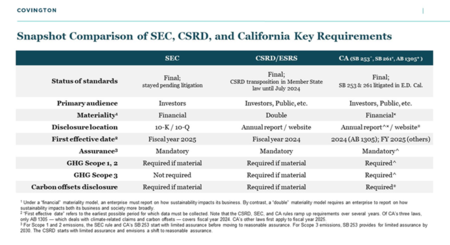It takes more than five thousand kilometres of isolation and the long night of a polar winter to dampen the democratic desire of an ardent Antarctic voter.
“The representatives we choose by voting will be making decisions about the things that are important to me, I need to have a say in that!” said Dr Meg McKeown, medical officer at Davis research station.
But at a time of year when Antarctic stations are ice-bound and inaccessible, how are the votes of our over-wintering expeditioners included in the count?
Special laws for Antarctica
Voting in Antarctica was not permitted until 1984, when legislative changes allowed the transmission of federal election votes from the Australian Antarctic Territory by ‘radio-telephone or telex’.
Under special provisions in the Commonwealth Electoral Act 1918, expeditioners living in Antarctica or travelling there on a ship can register as ‘Antarctic electors’.
For the 2019 federal election, 49 expeditioners are registered to vote in Antarctica.
Two volunteers from each station are appointed as Antarctic Returning Officer and Assistant by the Australian Electoral Commission (AEC).
Expeditioners take on these roles in addition to their primary jobs. The Station Leader is not eligible to apply.
At Mawson research station, the Returning Officer is Roelof Hoebee. He’s planning a polling booth indoors.
“As a senior observer with the Bureau of Meteorology, I know that at this time of year conditions are going to be fairly harsh outside, certainly very cold,” said Roelof.
“If we get any wind it’ll just be impossible to conduct the vote outside.”
At Davis, Station Communications Technical Officer Matt Gledhill has put his hand up to be Returning Officer.
“Printing, labelling, ticking off lists, it’s very appealing! Plus I didn’t think I’d make a very good station hairdresser,” explained Matt.
Voting Antarctic-style
Based on its list of registered Antarctic electors, the AEC emails the ballot papers for each voter’s electorate to the station’s Returning Officer.
The Returning Officer and Assistant print out the ballot papers for each voter.
“The Senate ballot papers will be rather large, particularly from NSW,” said Roelof. “We’ll need to print several sheets and assemble them.”
Although it may be technically feasible, electronic voting in Antarctica is not permitted under current electoral law. The Antarctic process continues to use the time-honoured method of pencil on paper.
On polling day, voters place their completed ballot papers into a locked metal box.
After the polls close, the Returning Officers open the box and read the ballot papers over the phone to an AEC official in Hobart, who transcribes them for inclusion in the count.
The original ballot papers are retained at stations or aboard ship until they can be returned to Hobart at the end of the year.
The small winter community of 19 expeditioners at Davis station chose to cast their votes by pre-polling before election day.
“It was one of our coldest days of the year so far with temperatures down to -25 degrees,” said Dr Meg McKeown.
“In lieu of a sausage sizzle, we still managed a game of footy while we waited to vote.”
Antarctica vs Australia
While the voting process in Antarctica and ‘mainland’ Australia is basically similar, there are a few interesting differences.
Voters in Australia do not need to show identification at polling places. Instead, they must verify their identity when they enrol to vote and each time they update their details.
In Antarctica, however, the legislation requires electors to prove their identity before they vote.
The Commonwealth Electoral Act 1918 states that “the Antarctic Returning Officer for a station shall put to each person claiming to vote at the station such questions as the officer thinks necessary to enable the person’s identity and place of living to be established.”
This must be a cause for some amusement in a small station community of around 20 people.
“Fortunately we’ve had 6 months to figure out who’s who in the zoo around station,” said Matt Gledhill.
“You do get the odd expeditioner disguised as a penguin that makes things tricky, and a lot of people are looking totally different after 6 months in Antarctica!”
While voting in Australia is compulsory, there is no penalty for expeditioners who choose not to vote or register as an Antarctic elector, as they are deemed to be ‘absent from Australia on polling day’ and therefore exempt from fines.
Roelof Hoebee reckons most expeditioners will be excited by the opportunity.
“It’s a unique experience to cast a vote for an election in Antarctica,” he said.
“The poll will close at 1pm Mawson time, equivalent to 6pm Australian Eastern Standard Time, and we’ll be following throughout the afternoon and know the result before dinner-time, no doubt.”













